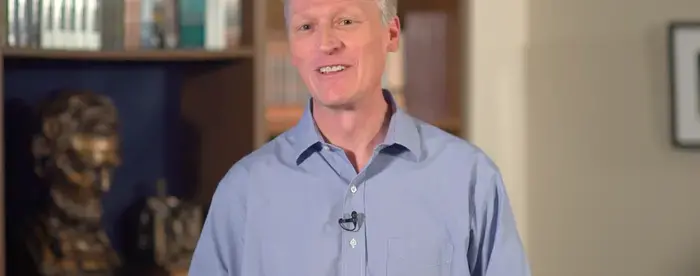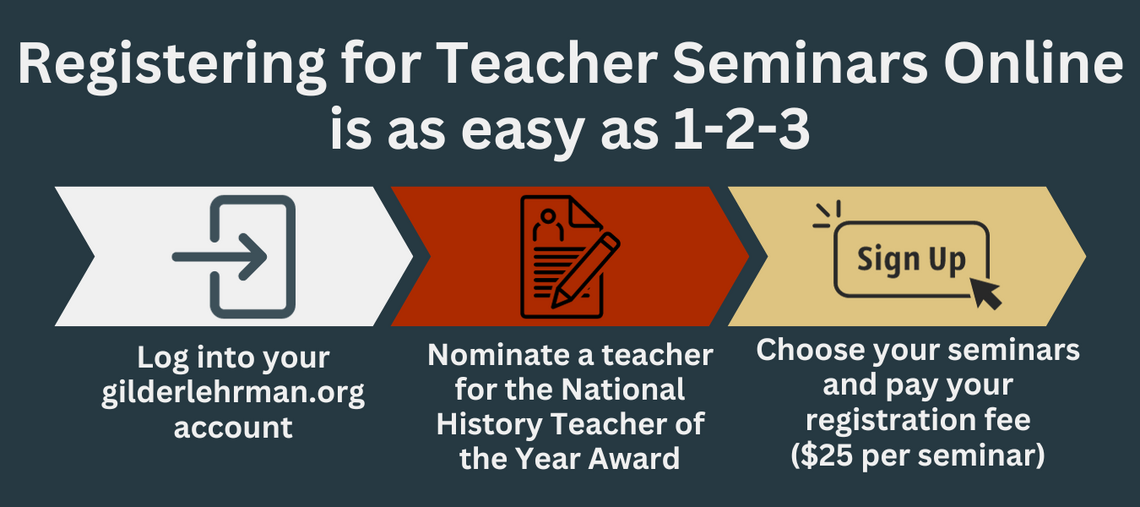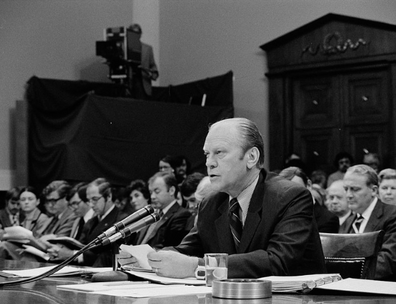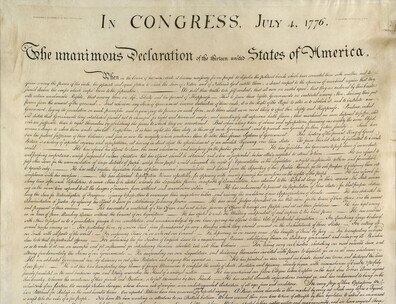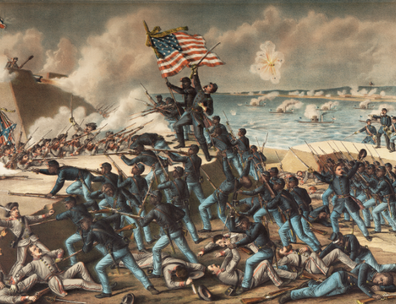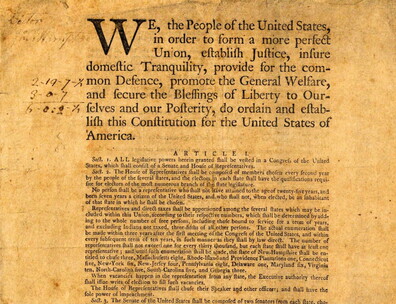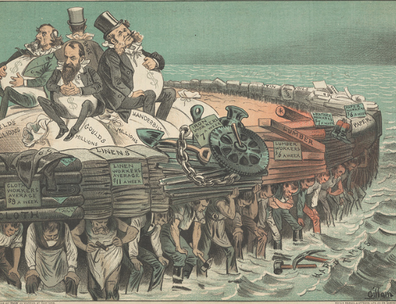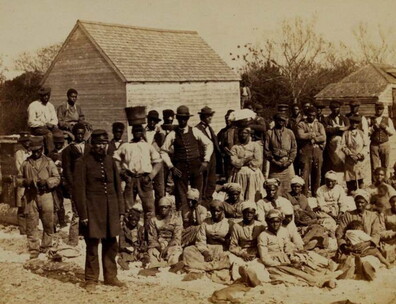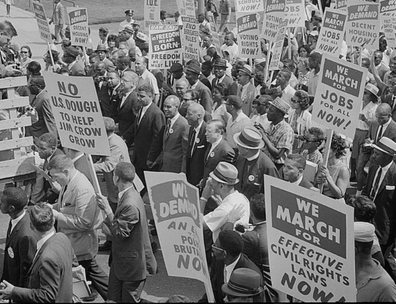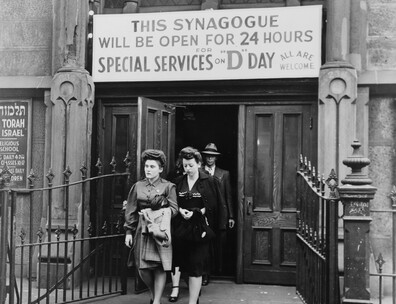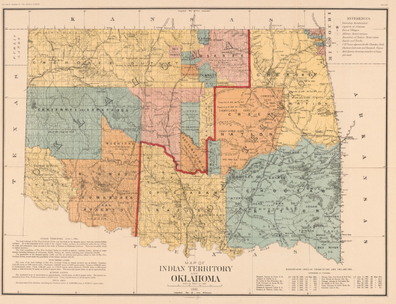Teacher Seminars Online give K–12 educators the opportunity to study with eminent American history professors and dive deep into primary sources with master teachers. New to 2026, each seminar will be composed of live lectures, Q&A sessions, and opportunities for discussion with scholars, Gilder Lehrman master teachers, partner organizations, and your peers.
Registration Deadlines: The Monday before each seminar’s first live session (unless otherwise noted)
Cost: $25 per seminar
Discounts Available: Email seminars@gilderlehrman.org if you are interested in registering for 3+ seminars to receive special discount codes and offers.
Image: Professor Denver Brunsman of The George Washington University
